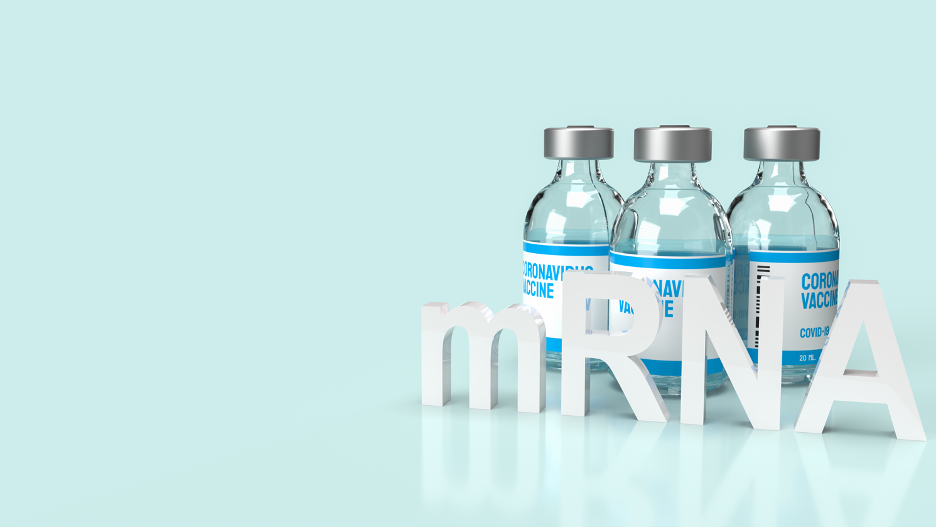The world has been in a state of flux since the beginning of 2020, with the emergence and rapid spread of COVID-19 significantly impacting our lives. A major part of the global response to this pandemic has been the development of vaccines that can help protect us from infection. One such type is mRNA vaccines.
Are you wondering what mRNA vaccines are, and how they work? If so, you’ve come to the right place. This COVID vaccine clinic in Northwest Indiana explores the science behind mRNA vaccines and explains how they are being used to protect individuals against COVID-19.
What Is an mRNA Vaccine?
mRNA vaccines are a new form of vaccine that uses messenger RNA to deliver instructions to cells in the body. Unlike traditional vaccines, which use weakened or inactive versions of viruses or bacteria, mRNA vaccines do not contain live versions of these agents.
Instead, they rely on pieces of genetic material known as messenger RNA (mRNA) to instruct human cells to create harmless versions of antigens – the molecules that cause an immune response in our bodies. This effectively allows our bodies to “practice” fighting off infection without truly being exposed.
How Do mRNA Vaccines Work?
Once inside the body, the mRNA travels into cells and instructs them to produce antigens based on the code it carries. The body then recognizes these antigens as foreign and mounts an immune response to them. This response teaches the body how to fight off similar antigens if they ever enter the body again.
Because mRNA vaccines don’t contain any live viruses or bacteria, there is no risk of infection from the vaccine itself. In addition, because mRNA is not able to replicate in cells, it is quickly broken down once its job is done, and it does not remain in our bodies for long periods of time.
This makes mRNA vaccines a safer option than traditional vaccines, which can sometimes cause side effects such as fever or soreness at the injection site.
What Are the Benefits of mRNA Vaccines?
In addition to being safer than traditional vaccines, mRNA vaccines offer many other benefits. For example, they are relatively easy and affordable to manufacture, as they don’t require complicated equipment or long production times. This makes them ideal for quickly producing large quantities of vaccines that can be administered by a COVID vaccine clinic in Northwest Indiana.
Moreover, since mRNA instructions can be modified with relative ease compared to traditional vaccines, it is possible to create multiple variations of the same vaccine tailored for different groups or purposes.
Finally, the fact that mRNA does not remain in our bodies for long periods of time means that any changes made to the vaccine will have no lasting effect on our bodies after immunization has been completed.
Is the COVID Vaccine an mRNA Vaccine?
The current vaccines administered at COVID vaccine clinics in Northwest Indiana are based on mRNA technology. Specifically, the Pfizer vaccine uses a strand of mRNA to deliver instructions to our cells, which then produce a harmless version of the spike protein found in SARS-CoV-2 (the virus that causes COVID-19).
The body then recognizes these antigens as foreign and mounts an immune response against them. This response teaches the body how to fight off similar antigens if they ever enter the body again, meaning that immunized individuals are protected from future infections with SARS-CoV-2.
Looking for a COVID Vaccine Clinic in Northwest Indiana?
The mRNA vaccine for COVID-19 is extremely effective at providing protection against the virus.
Are you ready to receive a vaccination at your local COVID vaccine clinic in Northwest Indiana? If so, 219 Health Network is the place to go.
Contact us today at 833-219-0001 to schedule your visit.


